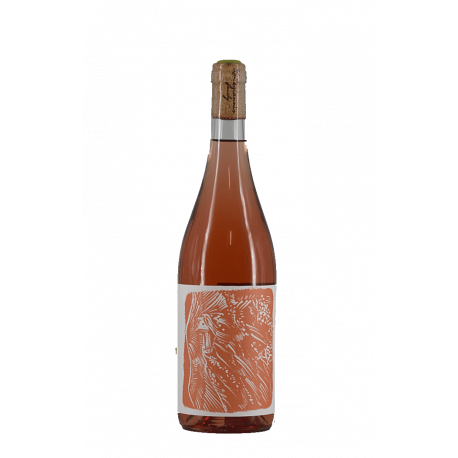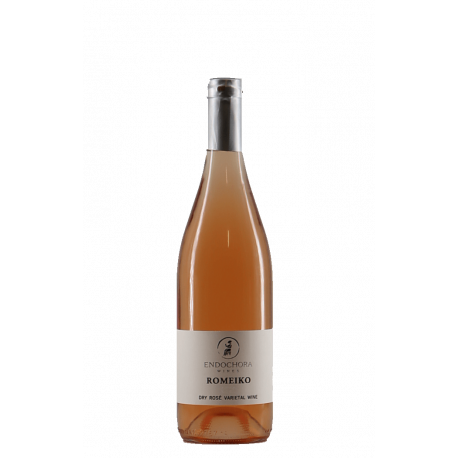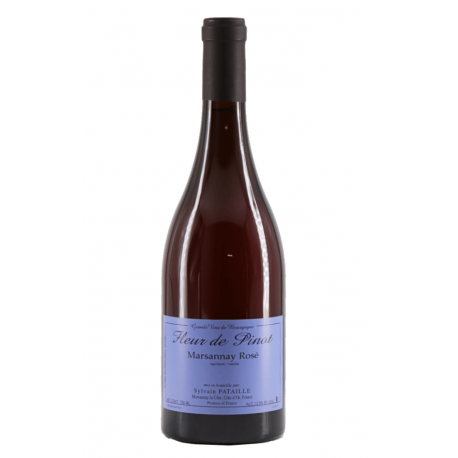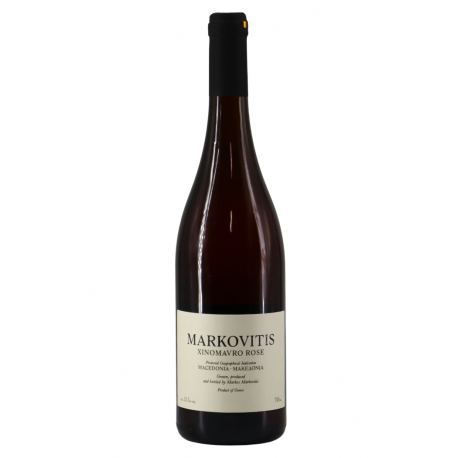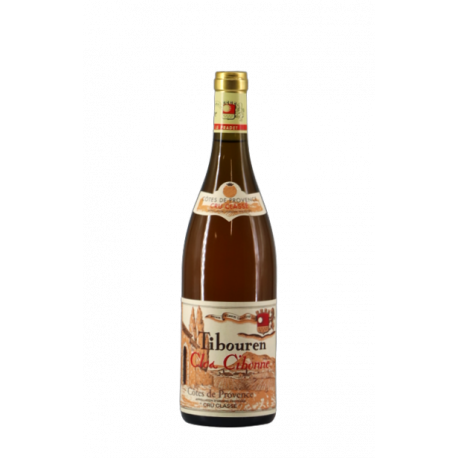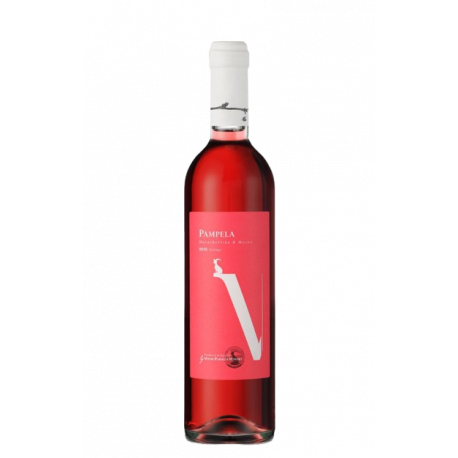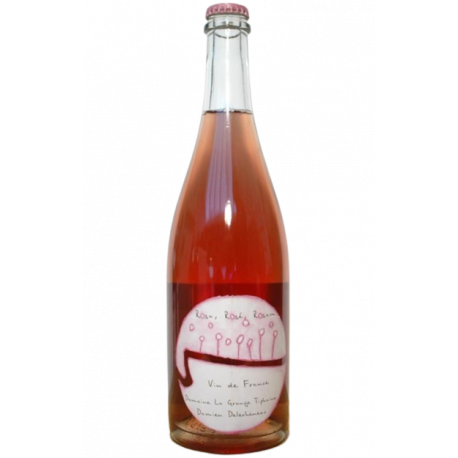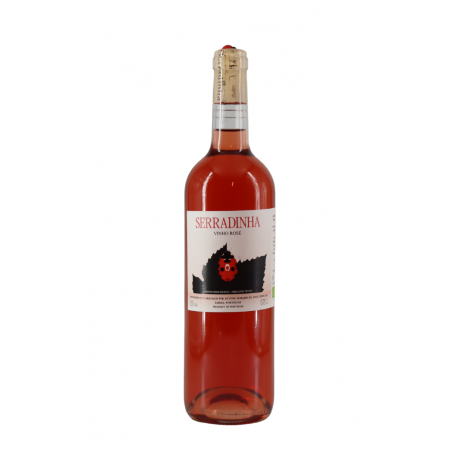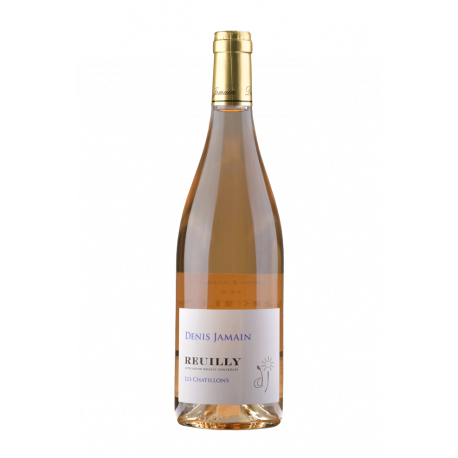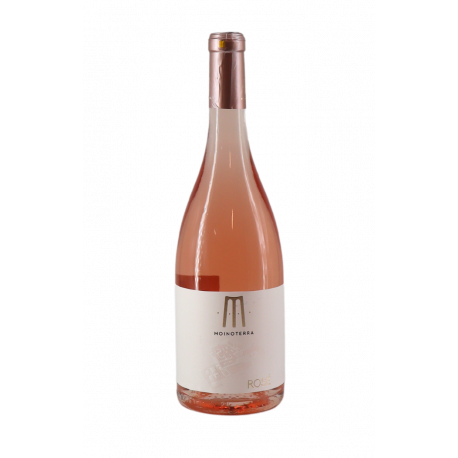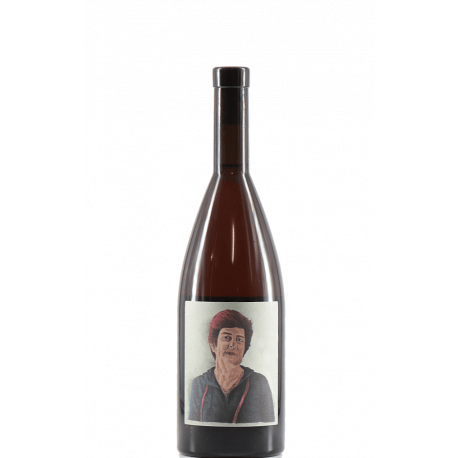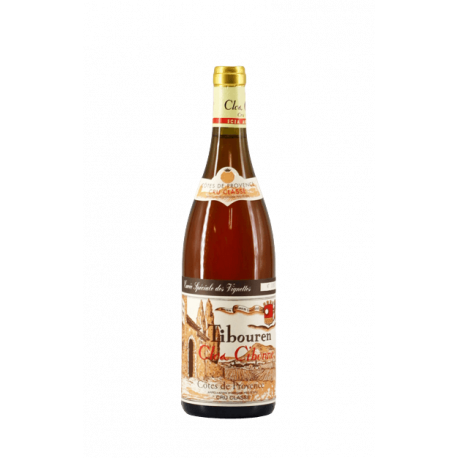-

-
Buy
-
Wine Producers
-
-
Map
Travel to wine regions!
-
-
-
Wine Producers
Meet the producer!
-
-
- Blog
- Wine Club
- Mr. Vertigo
Product successfully added to your shopping cart
Quantity
Total
There are 0 items in your cart.
There is 1 item in your cart.
Total products
Total shipping
To be determined
Total
Continue shopping
Proceed to checkout

